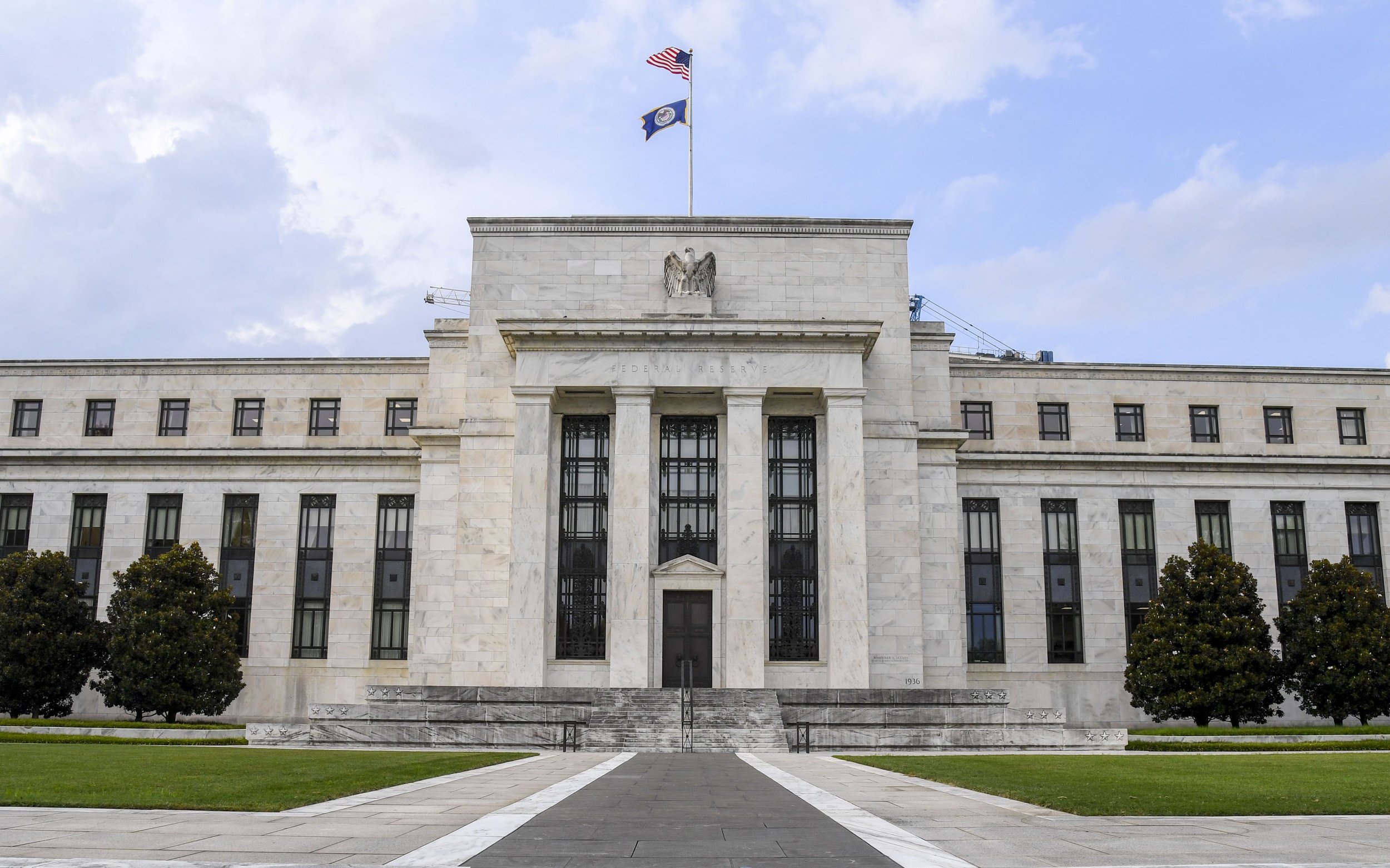On Digital Currencies and the U.S. Federal Reserve
Last week, comments to the U.S Congress from “Digital Assets and the Future of Finance: Examining the Benefits and Risks of a U.S. Central Bank Digital Currency” by Federal Reserve Vice Chair Lael Brainard included:
“There has been explosive growth in an emergent digital financial system built around new digital assets and facilitated by crypto-asset platforms and stablecoins as settlement assets.
"In recent weeks, two widely used stablecoins have come under considerable pressure. One widely used algorithmic stablecoin declined to a small fraction of its purported value, and the stablecoin that is the most traded crypto asset by volume temporarily dipped below its purported one-to-one valuation with the dollar.
“These events underscore the need for clear regulatory guardrails to provide consumer and investor protection, protect financial stability, and ensure a level playing field for competition and innovation across the financial system.
“As we have seen, such new forms of money can lose their promised value relative to fiat currency, harming consumers or, at large scale, creating broader financial stability risks. We have seen before the risks posed by the widespread use of private monies.
“The People's Bank of China has been piloting the digital yuan, and several other foreign central banks are issuing or considering issuing their own digital currencies.
“It is important for the United States to play a lead role in the development of standards governing international digital finance transactions involving [central ban digital currencies] consistent with the norms of privacy, accessibility, interoperability, and security."
OUR TAKE
Recent stablecoin problems highlight that some digital asset projects 1) are still “evolving” and 2) need better stress testing in various market environments. Also, some innovators should approach digital asset opportunities with less hubris and more humility.
To assure global leadership, the Federal Reserve will likely develop a government-backed digital currency. This process will require: 1) assessing the views of multiple stakeholders and 2) the support of the White House and Congress.
Digital currency initiatives by the U.S. and other governments will seek to 1) maintain relationships with traditional financial institutions, 2) provide consumer protection (including privacy), and 3) address financial crime concerns.

